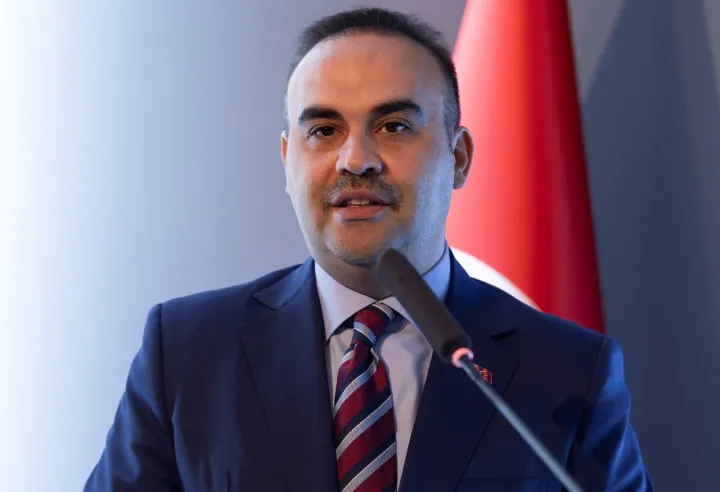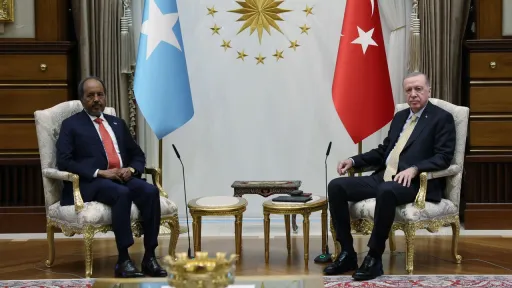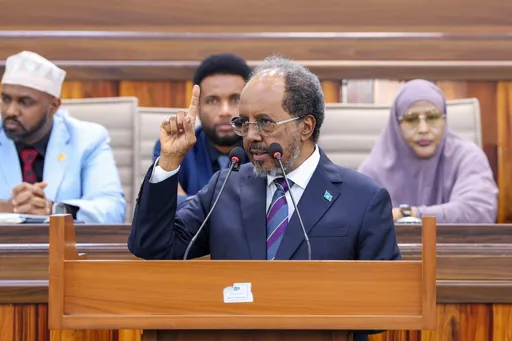Comoros has imposed a night curfew after protests hit the country earlier Wednesday over disputed election results that granted Azali Assoumani another term as president.
Security officers in the capital Moroni clashed with protesters, who had been rallied by the opposition.
Youssoufa Mohamed Ali, the president's delegate responsible for defence, told a national television on Wednesday night that "a curfew has been established."
Ali said the nationwide curfew will be in place from 10pm local time (1900 GMT) on Wednesday to 6am (0300 GMT) on Thursday.
Running battles
In Moroni, the region worst hit by the protests, the curfew was implemented a few hours before 10pm.
Roads were barricaded, private and state buildings vandalised, and scuffles between police officers and civilians witnessed in the capital.
Authorities made several arrests, but casualty figures remain unclear.
On Tuesday, Comoros' electoral commission, CENI, announced that Assoumani had garnered 62.97% of the vote in the January 14 election to secure another term as president.
Low voter turnout
Six candidates ran for president, with the opposition branding the election a sham, alleging it was rigged in favour of Assoumani.
Salim Issa Abdallah of the Nalawe Movement came second with 20.26% of the vote, followed by Orange Party's Daoudou Abdallah Mohamed, who got 5.88%.
Bourhane Hamidou of the Woneha Movement got 5.14% of the vote, while Mougni Baraka Said Soilih of the RDCE Party came fifth with 4.75%. The sixth candidate, Aboudou Soef of the Tsasi Party, got 1% of the vote.
The voter turnout was 16.3%.
Disruption
Tension and traffic disruption alerts have been issued as security officers seek to contain unrest in the Indian Ocean nation of slightly less than 900,000 people.
Assoumani, a military officer by training, first served as the elected president of Comoros from 2002 to 2006.
He returned to power in 2016 following a presidential election, and has been head of state since then – after securing re-election in 2019 and now 2024.
Sixty-five-year-old Assoumani overthrew the government of interim president Tadjeddine Bensaid in April 1999. Assoumani, a colonel at the time, was the army chief of staff.
He held the transitional presidency until elections in 2002.
➤Click here to follow our WhatsApp channel for more stories.
























